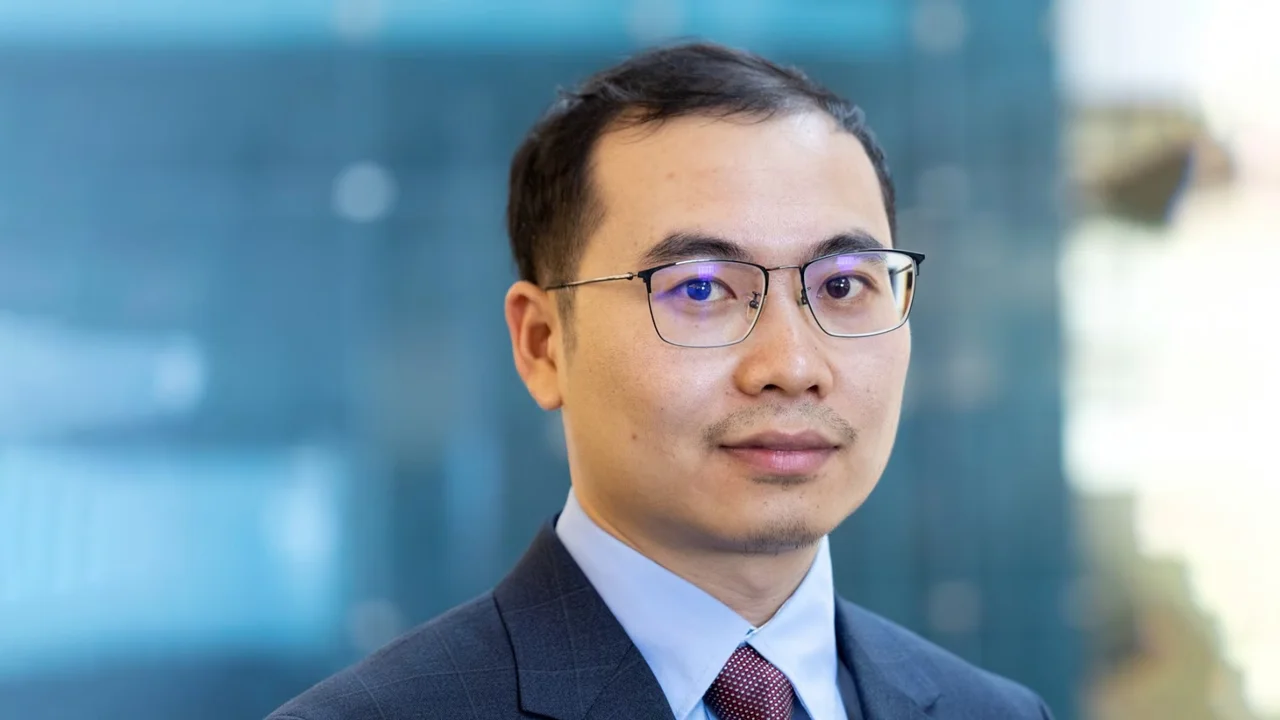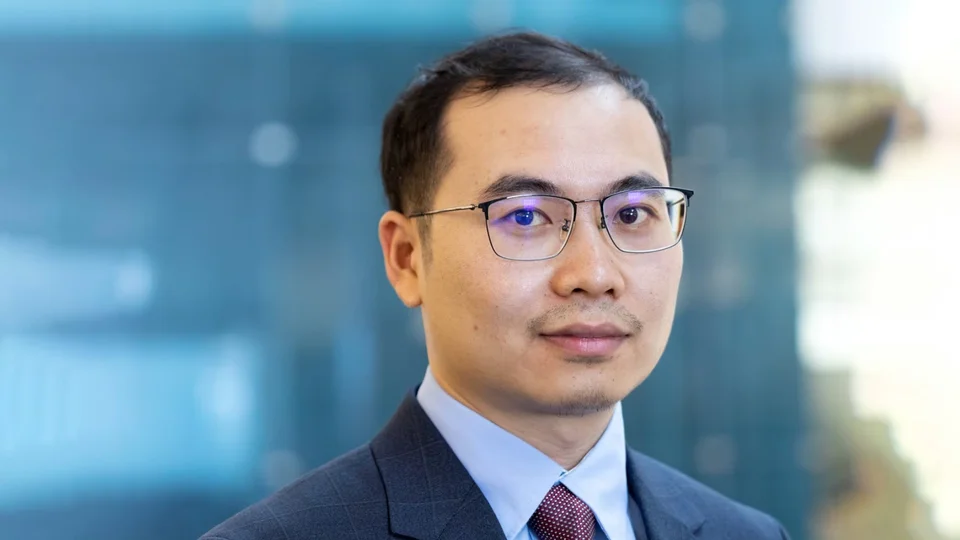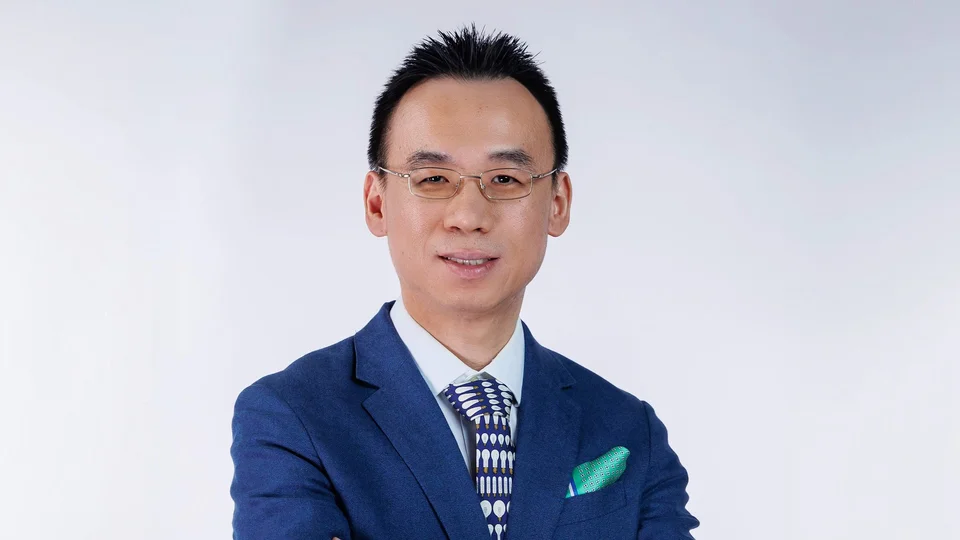
Ronghui Lin, a Ph.D. student under the supervision of Professor Xiaohang Li, has been awarded an SPIE 2020 Optics and Photonics Education Scholarship for his “potential long-range contribution to optics, photonics, or other related fields.”
About
By David Murphy
Ronghui Lin, a Ph.D. student under the supervision of Professor Xiaohang Li, has been awarded an SPIE 2020 Optics and Photonics Education Scholarship for his “potential long-range contribution to optics, photonics, or other related fields.”
Of his scholarship, he noted, “I feel extremely excited and grateful. It makes me feel like my hard work is paying off, and it gives me the encouragement to pursue my research.”
“I would like to thank my advisor, Professor Li, for his guidance and help. I would not have come so far without his constant support. Despite his young age as a professor, Xiaohang is extremely accomplished and knowledgeable,” he added.
Exploring the leading edge of nanophotonics and optoelectronics
Lin’s research, within Li’s Advanced Semiconductor Laboratory, focuses on utilizing nanotechnology for novel concepts and devices for next-generation computing, communication, sensing, and commercial products. Over time, by taking advantage of the interaction between semiconductors and photons, researchers have created various ground-breaking optoelectronic devices, such as LEDs, lasers, photodetectors, and solar cells.
Nonetheless, according to Lin, the specialized fields of optics and photonics are far from perfect: “The efficiency, sensitivity, data transmission rate, and reliability still have room for improvement. Fortunately, the advance of nanofabrication technology has given us unique tools to solve these problems by manipulating light on a scale similar to its wavelength.”
An enriching experience
Last year, Lin was also shortlisted for the 2019 Oxford Instruments SEM Micrograph Competition. His scanning electron microscope (SEM) image titled “Rotation: the rotation of nanofin structures which creates a Pancharatnam–Berry phase for metalens applications” was one of three runner-up entries for the competition’s main prize. On both a personal and professional level, Lin feels that KAUST’s collaborative and innovative environment has played a pivotal role in his continued early-career success.
“My experience at KAUST has been enriching in terms of both my academic knowledge and personal life. KAUST is paving the way for me to become a top scientist and researcher, and simultaneously, I get to devote part of my time to developing other skills such as learning Spanish or creating art,” he emphasized.
“There is an old Chinese proverb that says, “An able fellow needs the help of three other people, a fence needs the support of three stakes.” In other words, a person’s environment and social connections are vital to their success. For me, KAUST (and its brilliant people) has been instrumental in my success as a researcher.”

